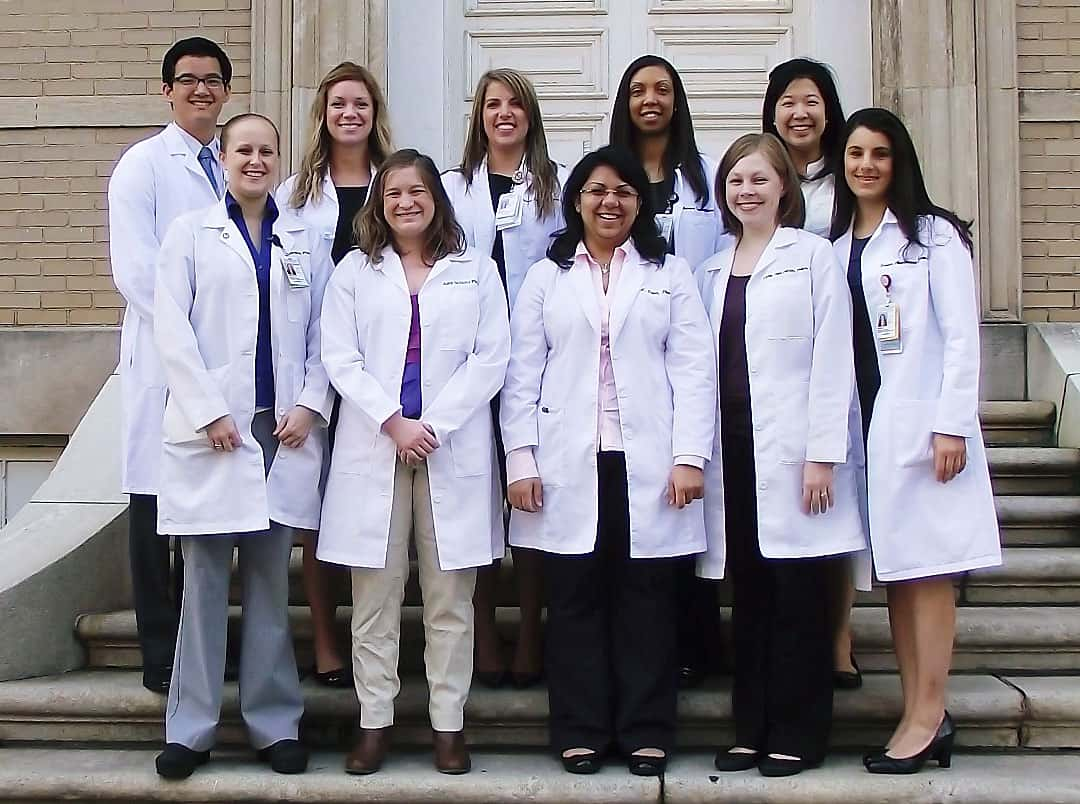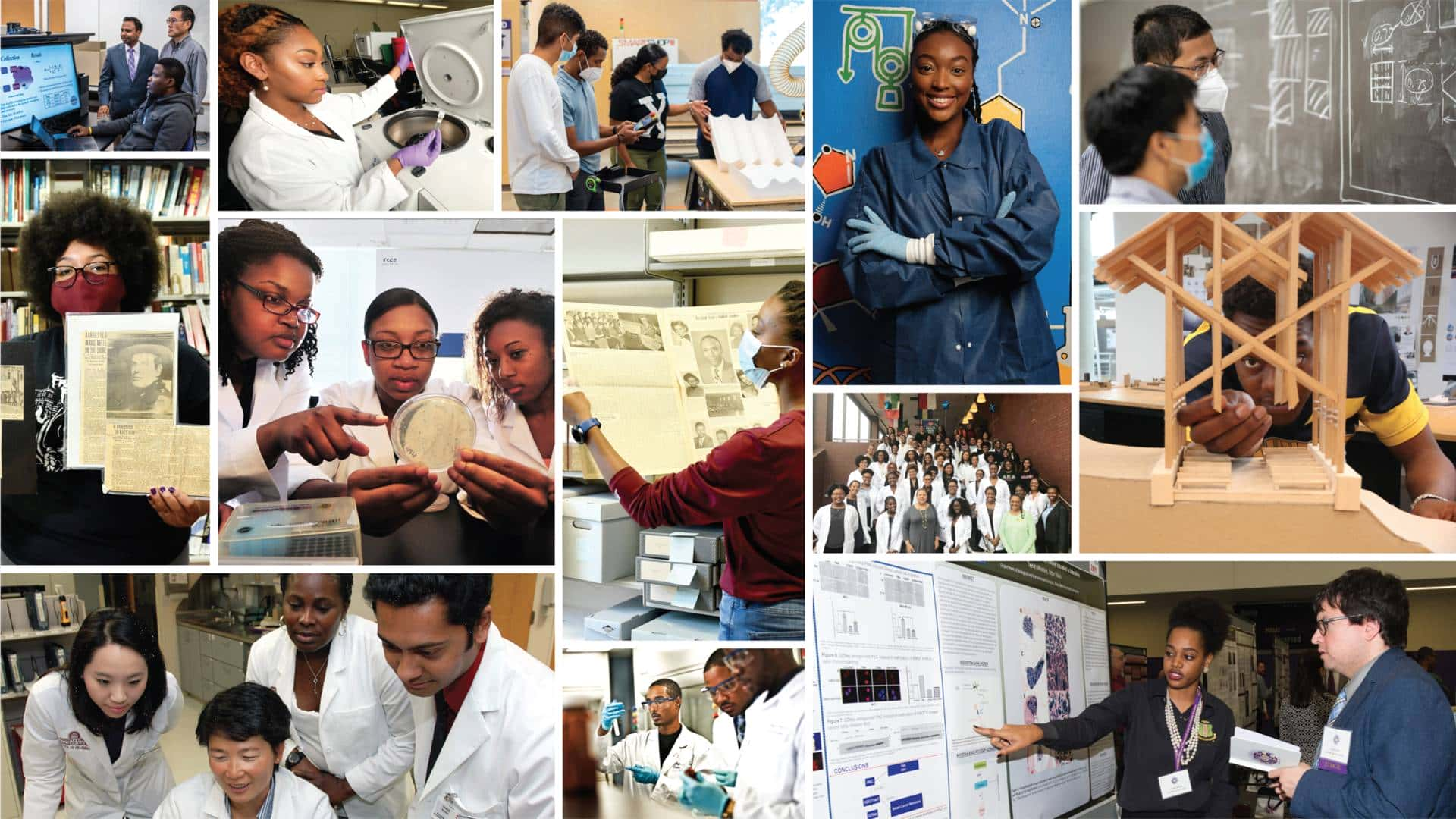Spearheaded by Meharry Medical College in Nashville, Tennessee, in collaboration with Regeneron Genetics Center, AstraZeneca, Novo Nordisk, and Roche, this endeavor seeks to compile genetic material from half a million individuals of African descent.

Historically Black Colleges and Universities (HBCUs) are at the forefront of a groundbreaking initiative aimed at assembling the world’s largest genetic database representing African ancestry
The Historically Black Colleges and Universities‘ objective is to construct a comprehensive “reference genome,” serving as a benchmark for analyzing complete DNA profiles and comprehending genetic variations specific to Black communities. This breakthrough holds the promise of yielding novel pharmaceuticals, and diagnostic tools and mitigating health disparities.
Currently, less than 2% of genetic studies focus on individuals of African heritage, highlighting an urgent need for this undertaking. Anil Shanker, Senior VP for Research and Innovation at Meharry, emphasizes that this project marks the initial step towards narrowing this disparity.
Distinguished Historically Black Colleges and Universities (HBCUs), including the University of Zambia in Africa, will participate by enlisting volunteers for genetic material donation
The Regeneron Genetics Center will handle the sequencing process, with all data stored in the Diaspora Human Genomics Institute’s repository, ensuring confidentiality. Access to the resulting database will be exclusive to Historically Black Colleges and Universities (HBCUs) and participating African institutions, although external researchers can utilize the information through these channels. Corporate partners will also leverage the data for research and the development of medical advancements.
This 10-year endeavor extends beyond genetic research, encompassing a grant program fostering genomics and related studies at Meharry, along with broader STEM initiatives for primary school students in diverse communities. The pharmaceutical collaborators have committed $20 million each to support both genetic research and educational facets of this monumental effort.
READ ALSO: Dr. Derrick Todd Faces Class Action Lawsuit Alleging Inappropriate Medical Examinations




